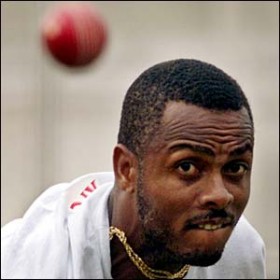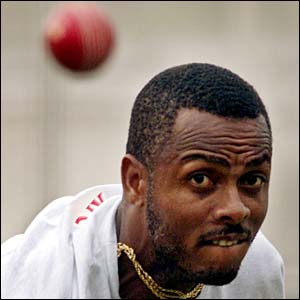LONDON, (Reuters) – Lie detector tests and the non-selection of “tainted” players could be brought in by cricket as it seeks to rid the game of corruption, the Marylebone Cricket Club said today.
“The MCC World Cricket Committee has recommended that the Laws of Cricket be amended specifically to forbid the corruption or attempted corruption of any aspect of a match,” the cricketing body said on its website (www.lords.org).
At the meeting in Perth the committee said more deliberation was required before a recommendation could be put forward to the International Cricket Council (ICC), possibly as early as February when they next meet.
The measures, including the possible use of polygraphs, come after a Pakistan scandal where Salman Butt, Mohammad Amir and Mohammad Asif were suspended under the ICC anti-corruption code in September over allegations of spot-fixing.
Spot-fixing is the practice whereby a specific part of a game is fixed in order that gamblers may profit. This can be something as minor as the timing of a no ball or a wide delivery in cricket.
The committee has set up a working party comprising former Australian captain Steve Waugh, West Indian fast bowler Courtney Walsh, Keith Bradshaw and Barry Richards, who proposed other methods for cleaning up the game.
They included the legalising and regulating of betting markets in India as proposed by the Delhi Court, the length of bans, the provision of integrity officers and the inclusion of anti-corruption clauses in all professional playing contracts in all countries.
“The Committee is concerned at the scale of the problem, and the detrimental effect it has placed on the integrity of the game,” the statement added.
“The education of players should not be a meaningless formality; the message should be pressed home with regularity by figures known and respected by the players.”


